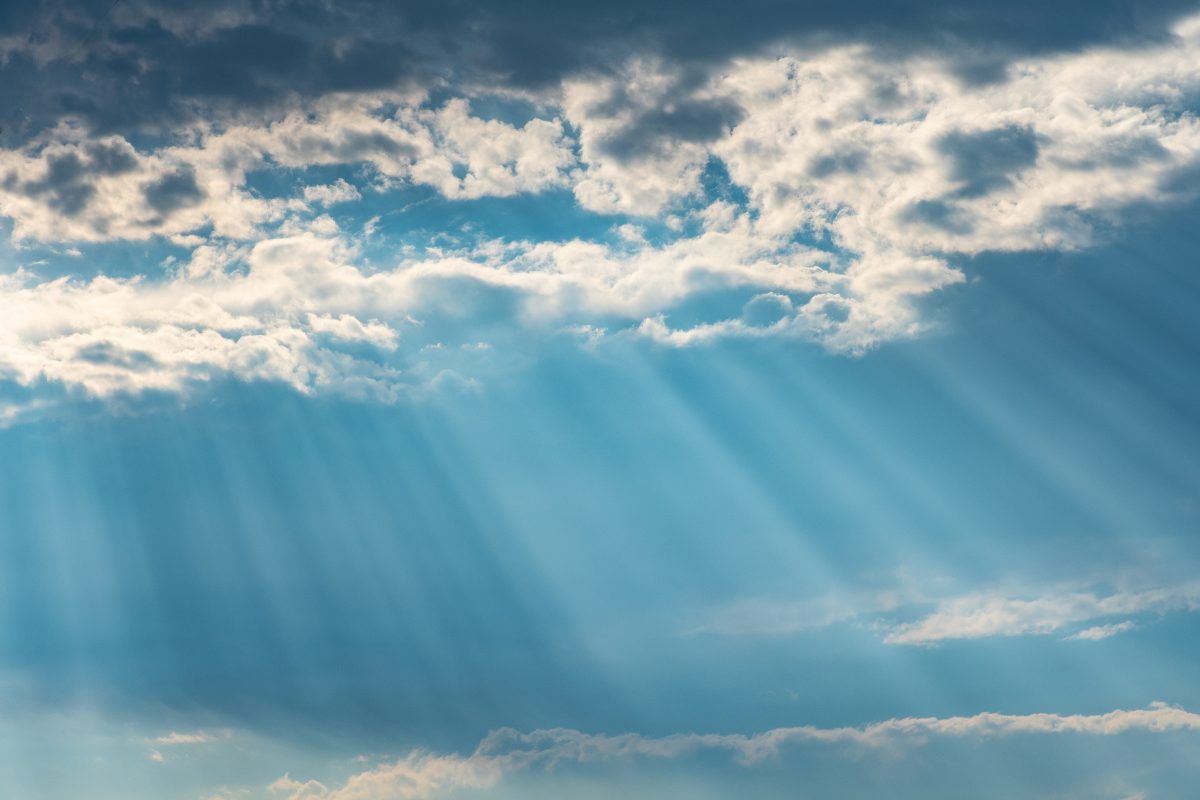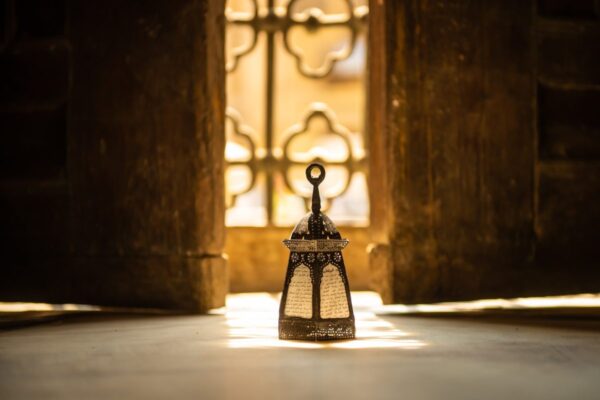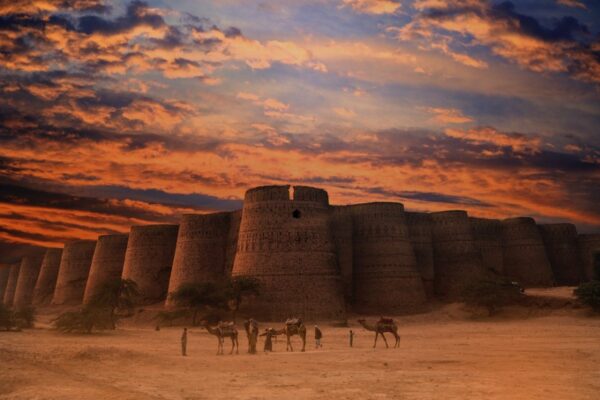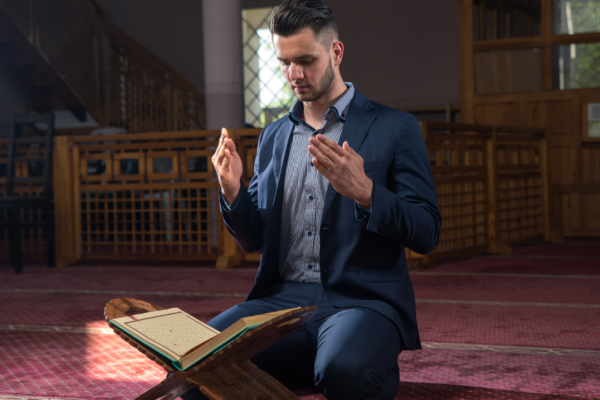Contents
Visiting a grave
The tombs remind people of death and the afterlife. Therefore, our Prophet (PBUH), who had previously forbidden the visiting of graves in order to prevent Muslims who had just come out of the age of ignorance from remembering certain superstitious beliefs and customs and falling into error, has reintroduced the visiting of graves and also recommended and commanded it with the hadith: “I had forbidden you to visit graves; visit them now, for this will remind you of the Hereafter.”
In another hadith narrated from Abu Hurayrah in Muslim, it is stated:
“The Messenger of Allah (Pbuh) visited his mother’s grave and wept and made those around him cry. Then he said, “I asked my Lord for forgiveness for my mother, but He would not allow me. I asked permission to visit her grave, and he gave it. Visit the graves, for it reminds you of death.”
In some cases it is not recommended
According to the majority, it is makrooh (not recommended) for the people to visit the graves to learn from them and to remember Allah. It is makrooh for women to visit the graves. However, it is permissible for them as long as they are not guilty of unlawful conduct.
There are three types of benefits of visiting the tomb:
1. The visitor remembers death and the Hereafter.
2. Visiting the graves of righteous people brings reassurance to souls.
3. Visiting graves brings familiarity to the dead, who are aware of it from time to time, and benefits from the prayers and verses recited on the occasion of the visit.
There is disagreement over whether women are allowed to visit the tomb. However, considering that prophets wife A’isha and the prophets daughter Fatima (radiyAllaahu ‘anhuma) used to visit the graves, one can think that there is no harm in their visits provided they stay within the legitimate circle, and that they also serve as an example to take.
Are the dead aware of those who visit them?
In the battle of Badr, at the end of the battle, the dead of Quraysh were filled in a pit. The Messenger of Allah (Pbuh) addressed them and said: “O son of so-and-so and so-and-so son of so-and-so! Have you found the truth in what Allah and His Messenger have promised you? I have found that what Allah promised me is true.” ‘Umar (ra): “O Messenger of Allah, how do you address soulless corpses?” the Prophet (PBUH) said: “You cannot hear what I am saying better than they. But they cannot answer.”
An Event
When the Prophet (PBUH) passed by a grave, he would order his companions to greet him by saying: “Peace be upon you, O inhabitants of the land of the believers!”. Since greetings are given to those who understand, it means that the dead recognize those who visit them. Ibn Qayyim al-Jawziyya, one of the most prominent scholars, relates that the dead rejoice at the good behavior of their children and of those who visit and pray for them, especially on Fridays and Saturdays.
One should recite verses of the Quran that are easy for him at the grave. It is sunnah to recite the Qur’an at the grave. Because the reward of reciting the Qur’an reaches those who are there. The dead are like those who are present. Allah’s mercy is also hoped for him. After reciting the Qur’an, one prays for the dead, hoping that it will be accepted. Because praying is good for the dead. The prayer after the recitation is closer to acceptance.
Advices
It is mustahabb (desired) for the one who visits the grave to recite Surah Yasin. Because it was narrated from Anas (ra) that the Messenger of Allah (PBUH) said:
“Whoever enters a graveyard and recites Surah Yasin and gives its reward to the dead, Allah will ease their torment that day. He will have as many rewards for himself as the number of dead in this graveyard. Qurtubi, Tezkira fî ahwâli’l-mawta, Beyrût, 1986, 1/102; Ibn Qudamah, al-Mughni, 2/422; Ibn Abidin, 2/243; Umdat al-Qari Sharh Sahih al-Bukhari, 3/118)
Again, the Prophet (PBUH) said:
“Recite Surah Yasin for your dead.” (Ibn Majah, Sunan, Jenaiz, 24; Abu Dawud, Sunan, Jenaiz, 4)
Based on this hadith, some Hanafis ruled that a person can bestow the reward of his deed on another, no matter what kind of deed it is – prayer, fasting, charity or pilgrimage.






